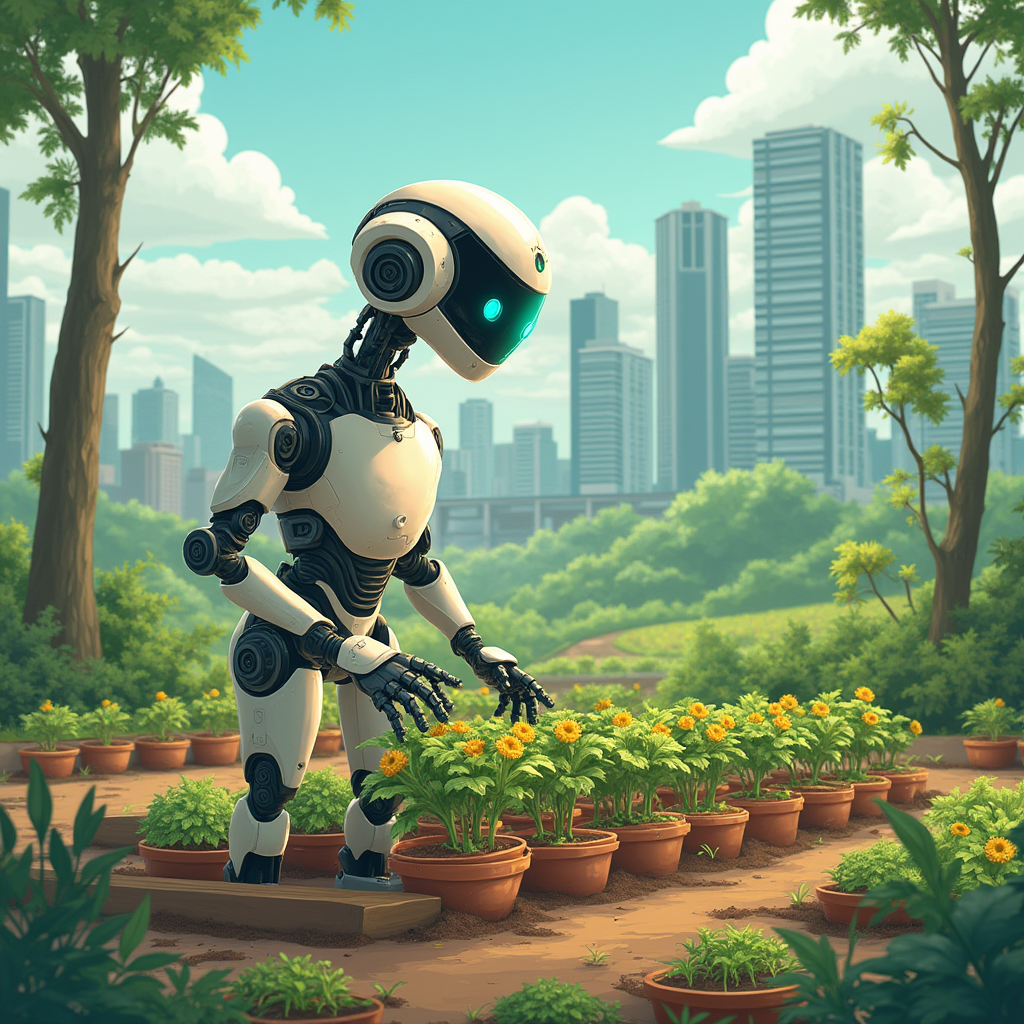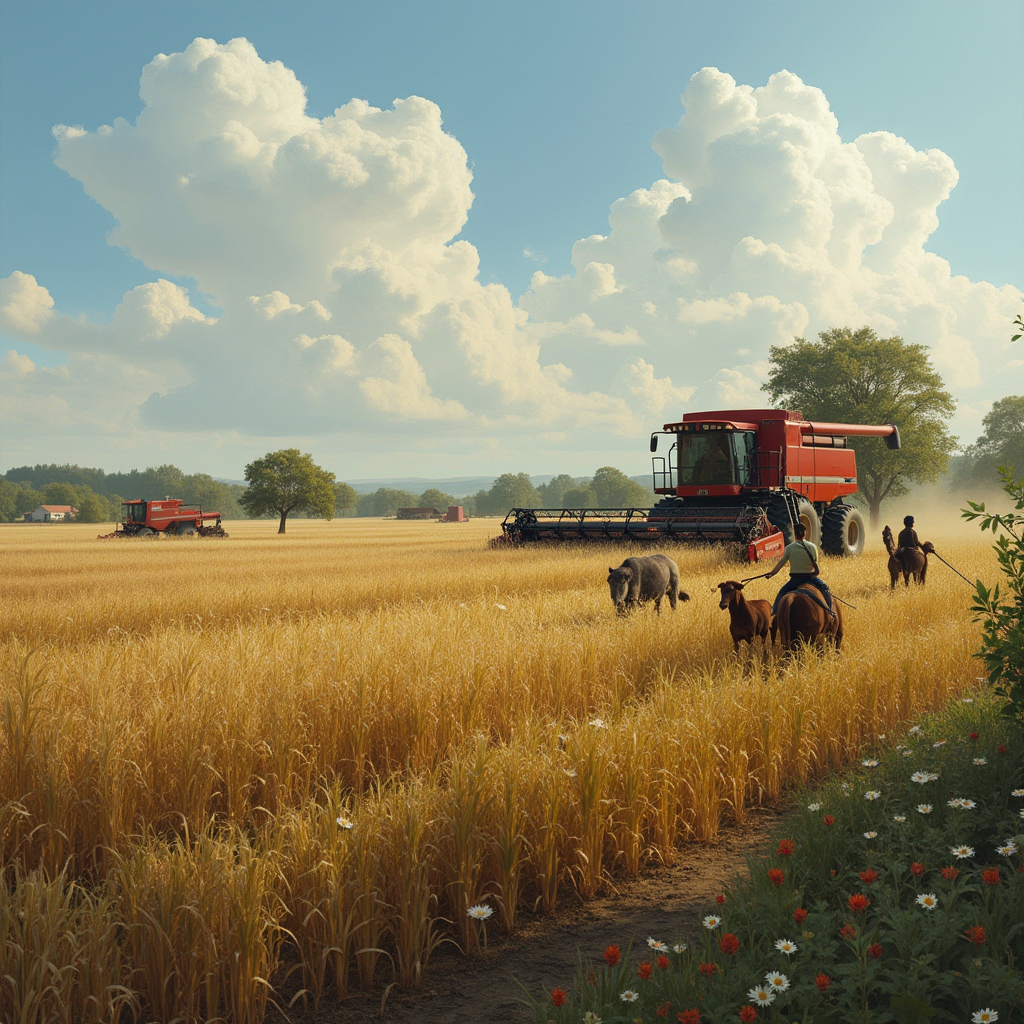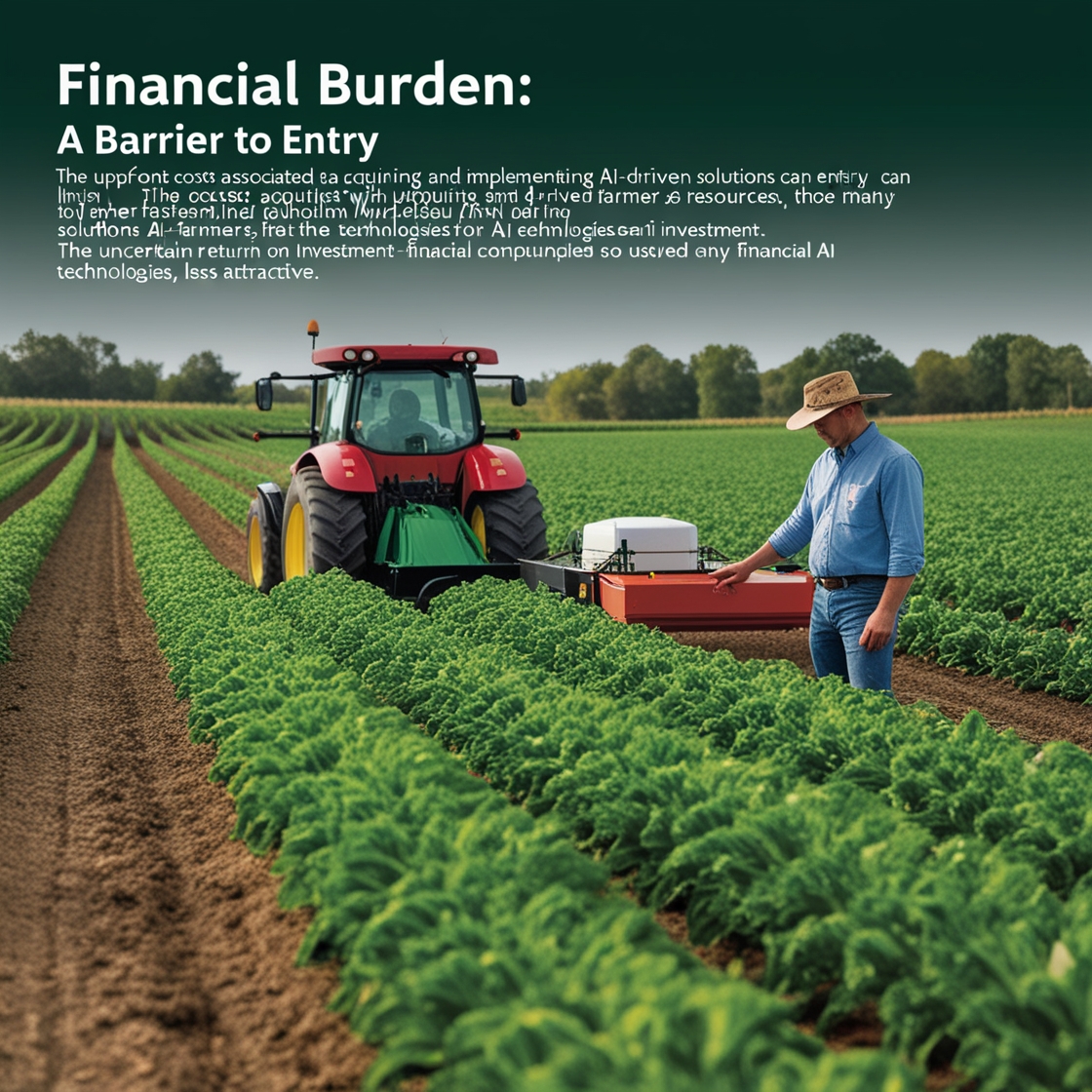Benefits of AI in Urban Agriculture: How Tech is Revolutionizing Agriculture
AI and Urban Farming 🌱
Urban living is evolving rapidly, and one area seeing a significant transformation is agriculture. With the increasing demand for fresh, sustainable produce and the challenge of limited space, urban farming is emerging as a revolutionary solution. But how can cities optimize these innovative farming methods? Enter artificial intelligence (AI), a game-changer that’s reshaping how food is grown in urban environments.
Table of Contents
What is AI in Urban Farming?
Understanding Urban Farming
Urban farming is the practice of growing food within city boundaries, often in unconventional spaces like rooftops, abandoned warehouses, or vertical farms. These methods are not just innovative; they’re essential for addressing the challenges of food scarcity and sustainability in densely populated areas.

AI’s Role in Urban Farming
AI enhances urban farming by introducing precision, automation, and efficiency. Through machine learning algorithms, AI analyzes data to optimize every aspect of the farming process, from planting to harvesting. Imagine sensors that monitor soil quality or AI-powered systems predicting the best times to water your crops—this is the transformative power of technology in action.
Benefits of AI in Urban Farming
1. Improved Resource Management
One of the most significant advantages of AI is its ability to conserve resources. By using AI-driven sensors and smart systems, urban farms can precisely deliver water and nutrients to plants, reducing waste.
Example:
| Metric | Traditional Farming | AI-Powered Urban Farming |
|---|---|---|
| Water Usage (liters) | High | Low |
| Fertilizer Efficiency | Moderate | High |
| Energy Consumption | High | Optimized |
2. Enhanced Crop Yields
AI monitors crop health in real time, using predictive analytics to identify issues before they escalate. This proactive approach not only boosts productivity but also ensures consistent quality.
3. Sustainability and Reduced Waste
Urban farming minimizes the need for transportation, reducing carbon emissions. AI further enhances sustainability by predicting and preventing spoilage, ensuring that every ounce of produce is utilized effectively.
Technologies Driving AI-Powered Urban Farming
1. Machine Learning for Crop Management
Machine learning algorithms analyze patterns in weather, plant health, and growth cycles. For instance, if a sensor detects declining soil moisture, the system automatically adjusts irrigation schedules.
2. Robotics and Automation
Robots equipped with AI handle repetitive tasks like planting, weeding, and harvesting, allowing farmers to focus on strategic planning.
3. IoT Sensors
Internet of Things (IoT) devices collect real-time data on environmental factors like humidity, temperature, and light levels. This information feeds into AI systems to make instant adjustments for optimal growing conditions.
Challenges of Integrating AI in Urban Farming

1. High Initial Costs
While AI systems save money in the long run, the upfront investment can be daunting. From advanced sensors to automated machinery, setting up an AI-powered farm requires substantial financial resources.
2. Skill Requirements
Operating AI systems isn’t plug-and-play. Farmers need training to effectively use these tools, which can pose a barrier for smaller operations.
3. Data Security Concerns
As with any connected technology, data privacy is a concern. Protecting farming data from cyber threats is crucial for maintaining trust in AI systems.
Future of AI and Urban Farming
Advancements in AI Technology
The future of AI in urban farming lies in smarter, more integrated systems. Innovations like AI-driven genetic optimization are already helping create crops better suited to urban environments, ensuring higher yields and resilience.
AI’s Role in Climate Resilience
Climate change poses unique challenges for urban farming, from unpredictable weather patterns to heat islands. AI offers adaptive solutions, helping urban farms thrive in dynamic conditions.
Why AI and Urban Farming Matter
AI and urban farming are more than just technological innovations—they’re a lifeline for sustainable living in the modern world. By bridging the gap between technology and agriculture, this synergy promises to feed growing populations while preserving the planet.
FAQ Section: AI and Urban Farming
Q: What is urban farming, and how does AI enhance it?
Urban farming involves growing food in city spaces, such as rooftops or vertical gardens. AI optimizes this process by improving efficiency and sustainability.
Q: Is AI-powered urban farming affordable?
While initial costs can be high, the long-term savings in water, energy, and labor make it a cost-effective solution.
Q: What challenges do urban farmers face with AI?
Common challenges include high setup costs, the need for specialized skills, and concerns about data security.
Q: Can small-scale urban farms benefit from AI?
Yes! Many AI tools are designed to be scalable, making them accessible for both large and small urban farming operations.


